
Drug Education Network Inc.
2024-2025 Annual Report

Acknowledgement of Country
The Drug Education Network acknowledges the strength, resilience and capacity of the Tasmanian Aboriginal people and their deep and lasting cultural heritage, beliefs and relationship as ongoing custodians of the skies, land and waters of lutruwita / Tasmania.
We recognise that our organisation operates on the land of the traditional custodians and we pay our respect to Elders past and present.
DEN is proud to work with the Tasmanian Aboriginal community to prevent the harms caused by alcohol, tobacco and other drugs.
Acknowledgement of Lived & Living Experience
The Drug Education Network recognises the value of Tasmanians with lived and living experience of alcohol and other drug use.
We acknowledge and honour their courage, determination and capacity for growth and transformation. Their stories inspire others and give a deeper understanding of the issues surrounding substance use.
We know that through listening to lived and living experience voices we grow as a community. Through working together we can minimise the harms caused by alcohol and other drug use and ensure Tasmania is a safe and supportive place for people looking for help, if they need it.

About DEN
The Drug Education Network (DEN) is a not-for-profit health promotion organisation. We provide school education, workforce training, resources and information to help keep Tasmanians safe from harms caused by alcohol, tobacco and other drugs.
Our Position
The Drug Education Network (DEN) neither condones nor condemns the use of drugs.
We aim to provide all Tasmanians with up-to-date, easy-to-understand information, education, training and tools that help to prevent and reduce instances of drug-related harm.
Our best-practice approaches are evidence-informed and empower you to make safe and informed decisions about your own health and wellbeing.
Chair Report
It is my pleasure to present this year’s Annual Report, reflecting a period of strategic renewal, operational growth, and strengthened governance.
This year marked the launch of our new Strategic Plan (2025-2030), a milestone that sets a clear direction for the next 5 years. Developed through consultation and reflection, the plan outlines our priorities, what we want to achieve, and how we will achieve it, for credibility, impact, and core business. It is both ambitious and grounded in our new core values: Caring, Creativity, Practicality, Growth and Bravery. We have made significant progress in DEN’s board of governance, undertaking a thorough review of our policies and procedures. These enhancements have improved transparency, accountability, and the effectiveness of our decision-making processes.
DEN experienced a significant changing of the guard this year, with David Daniels OAM, a Founding Member of the Drug Education Network, stepping down from his role as Board Director. David was pivotal in the creation, and ongoing success of the organisation. Initially established with 15 months’ funding, DEN’s longevity over the past 39+ years is testament to David’s commitment, dedication and passion. David’s governance skills, business acumen and significant network not only gave DEN a strong foundation but also broadened DEN’s reach and sustainability as an integral part of the health landscape in Tasmania. We were so pleased David accepted a unanimous nomination for Honorary Lifetime Membership with DEN, as we can’t imagine DEN without David, and now we don’t have to. Thank you, David, on behalf of all DEN Board members and staff, past and current, and on behalf of the Tasmanian community.
Looking ahead, we remain committed to delivering high-quality services, strengthening our partnerships, and living out our strategic vision and purpose. I extend my sincere thanks to our CEO, Emily, the DEN staff, my fellow Board Directors, our organisational partners, and supporters for supporting our successes over the previous 12 months.

CEO Report
2024-2025 was another big year for DEN. We started our year of renewal and growth with the attainment of another 3-year accreditation against the QIC Health and Community Service Standards. This accreditation provides independent recognition of our commitment to safety, and our systematic approach to quality and performance.
Further, our service provision continues to grow, with more schools serviced and workplace sessions delivered than in the previous year — which itself had seen a notable increase. This sustained upward trend reflects the rising demand for our programs and the dedication of our team. We are proud to be reaching new communities and empowering more individuals to make informed choices around drugs.
Our scope has expanded this year, introducing a new research role for DEN, that has supported a strong research partnership with the School of Psychological Sciences at the University of Tasmania. DEN is focused on increasing access to Tasmanian specific alcohol and other drug research that tells us more about the experience of Tasmanians, and enables us to provide promotion, prevention and early intervention services that are responsive to the unique needs of our local community members.
I want to thank the DEN team for another action-packed and impactful year, a huge thank you to Anita, Deni, Zoe, Cathy, Tasha, Sophie, Rob, Dave, Krystal, Anna and Samantha. Thank you also to the DEN Board of Governance, we have hit new levels this year with the development of a new strategy, and I can see how DEN will continue to grow in years to come.

2024-2025 Overview
This year we provided 295 training and education sessions to 5,769 individuals, and distributed 5,081 resources across our state.
We worked with schools, people in different workplaces, and the broader Tasmanian community to empower individuals to make informed choices around drugs.

Workshops and Training for the Community
We delivered 47 educational sessions to 518 Tasmanian community members, distributed 721 hard copy resources, and provided digital resources and information to 12,131 online community members through Community Online Drug Education (CODE).
Across the state, this looked like:

Who received our services?
Our audience included Children up to 18 years of age (outside of a school setting), People in Remand, and Members of the General Public.



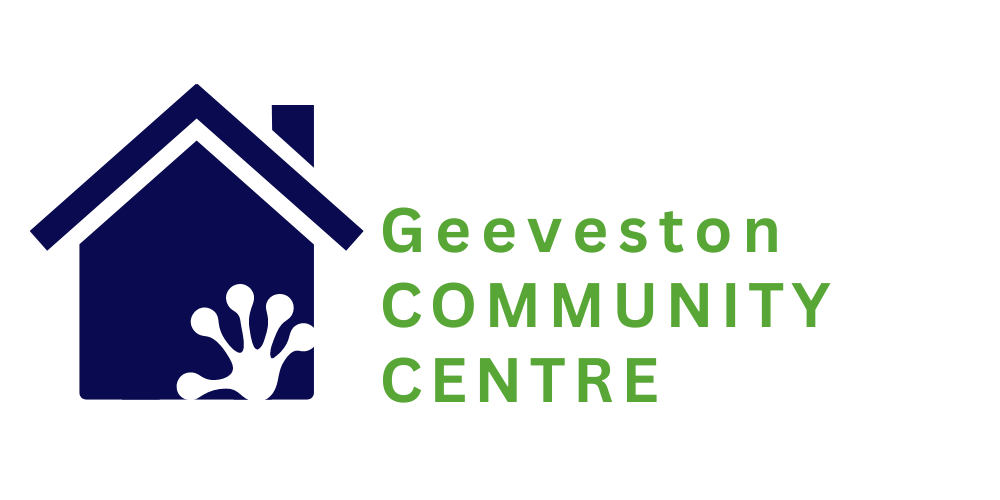

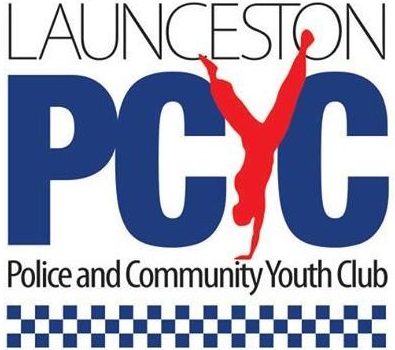


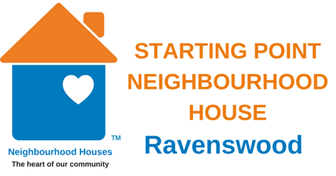
What did people say about our workshops and training?


The facilitators were fabulous. Informative and flexible with their presentation. Answered lots of complex questions. Brilliant service. Would of liked a longer session.
Thank you, very well presented and great resources.
The way participation was encouraged & discussion started was very good.
Really enjoyed the knowledge and education on drug & alcohol. Thank you for coming all the way from Hobart :)
Very educational and informative. Another session / information group would be good!
Community Awareness Campaigns
Aware is Halfway There
The 'Aware is Halfway There' campaign features three short videos, each featuring a character who through an unfortunate DIY accident encounters the side effects of unintended poly-drug use. The campaign was developed to provide a reminder of the risk of interactions between alcohol and medications, with the idea that an increased awareness of potential side effects could empower individuals to engage in harm-minimisation behaviours.
While airing on Win Television during the September 2024 season of 'The Block', the campaign was seen by 201,447 Tasmanians.
To extend the longevity of the message, the campaign clips were also uploaded to DEN's YouTube channel and received an additional 380 views.
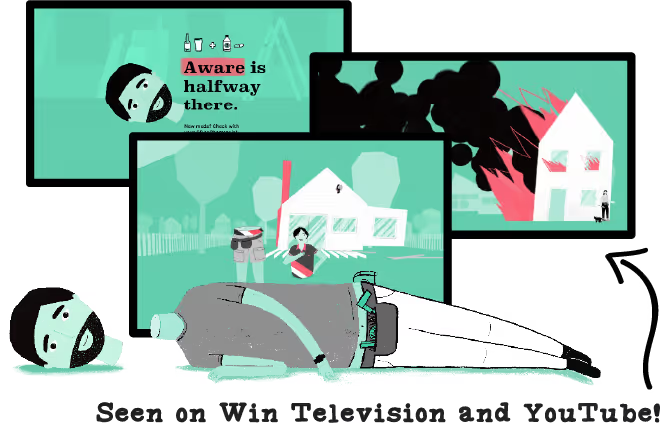
FASD Resources in the Library
Fetal Alcohol Spectrum Disorder (FASD) is a lifelong disability caused by alcohol exposure during pregnancy. It affects the health and development of a baby before birth.
In September 2024, DEN distributed 270 educational materials to 8 libraries and 2 Women’s Health providers across the state to increase community access to and awareness of healthy pregnancy resources and considerations.
By increasing awareness of the impact of alcohol during all stages of pregnancy we seek to empower individuals to make informed choices around drug and alcohol use, reducing instances of drug-related harm.
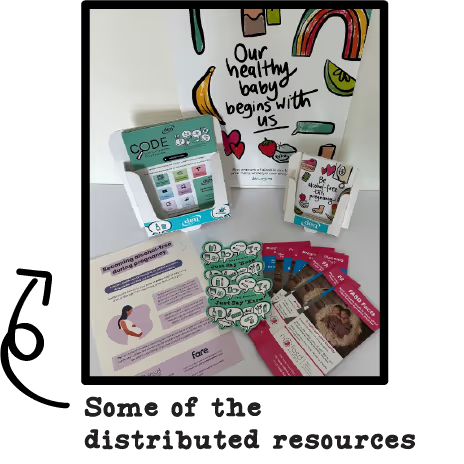
Community Online Drug Education (CODE) Bus Campaign
After a re-development of the CODE website in May 2024, we undertook a state-wide advertising campaign to promote CODE on the back of Metro buses.
This campaign aimed to increase awareness of the free resource available to Tasmanians, while normalising drug-related imagery and sparking conversations about alcohol and other drugs.
CODE received 17,864 views across the 2024-2025 reporting period.
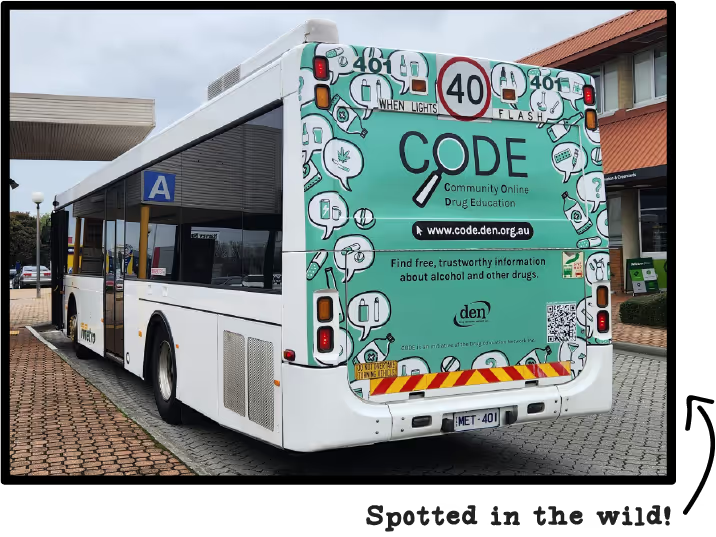
Education and Training in Schools
In the past 12 months we supported 4,369 individuals across 45 different school communities through classroom and expo sessions for students across Grades 5-12.
Our ‘Responding to Drug and Alcohol Use’ and ‘What Works in Drug Education’ sessions are designed to provide school staff with the information and resources they need to respond to alcohol and other drug-related questions and concerns, and deliver independent alcohol and other drug education sessions.
Within this reporting period, we provided 2 professional development opportunities for 70 teachers, school health nurses and other school staff, and distributed 3,910 resources across the state.

Which schools did we engage with?
DEN provided services to 45 different school communities:
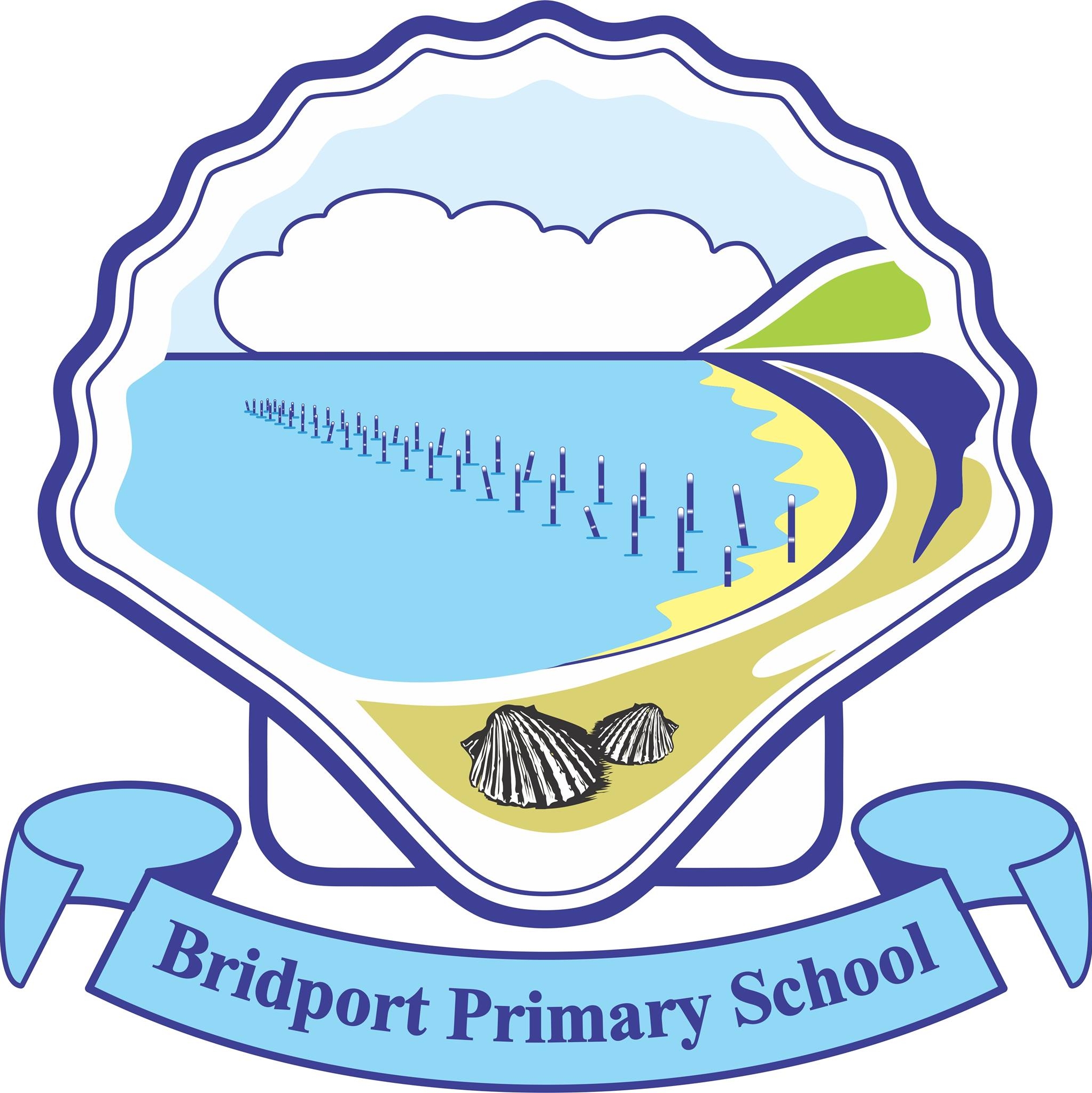
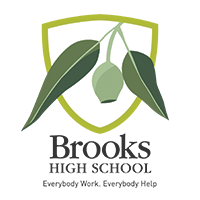

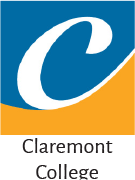
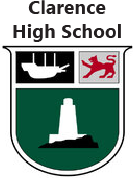


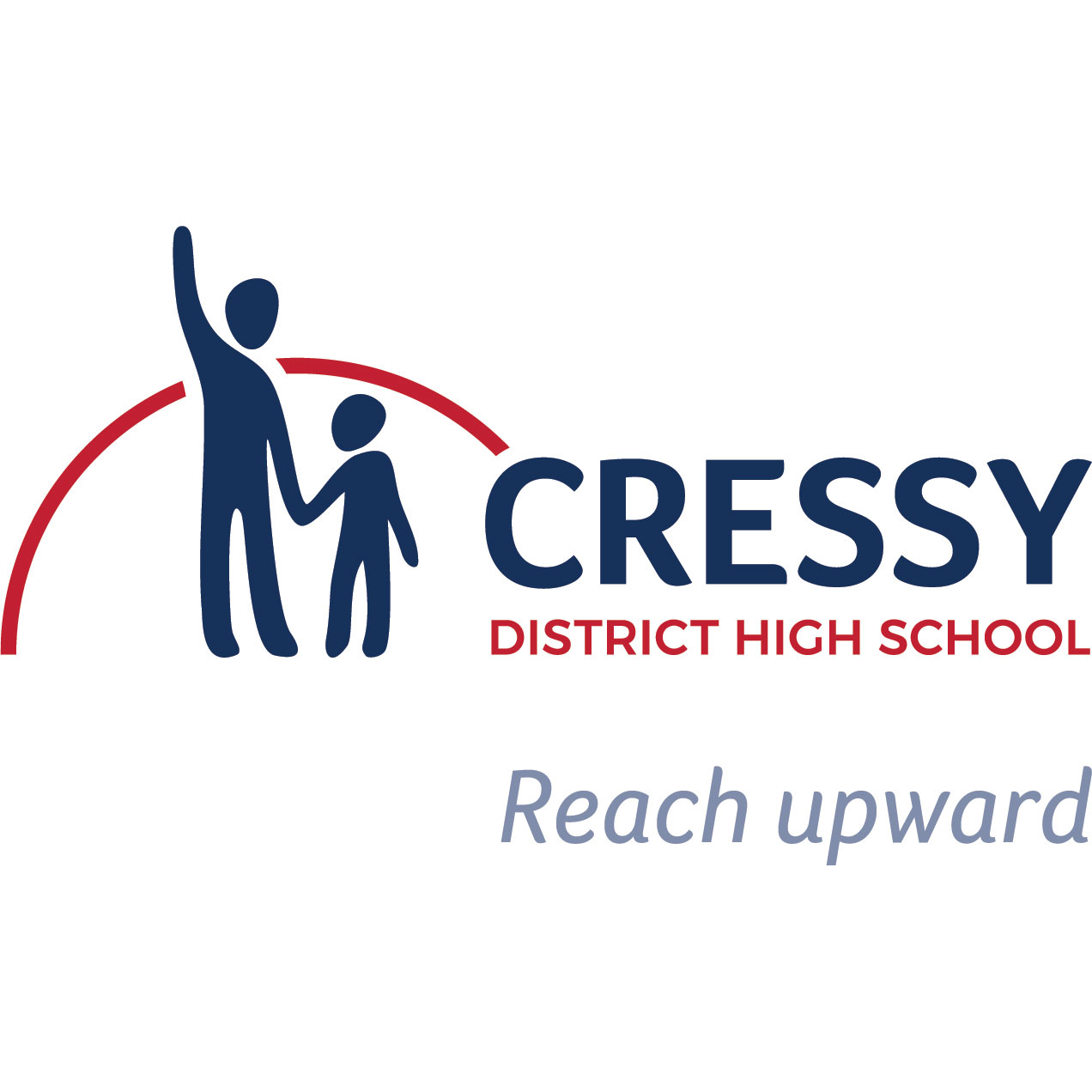
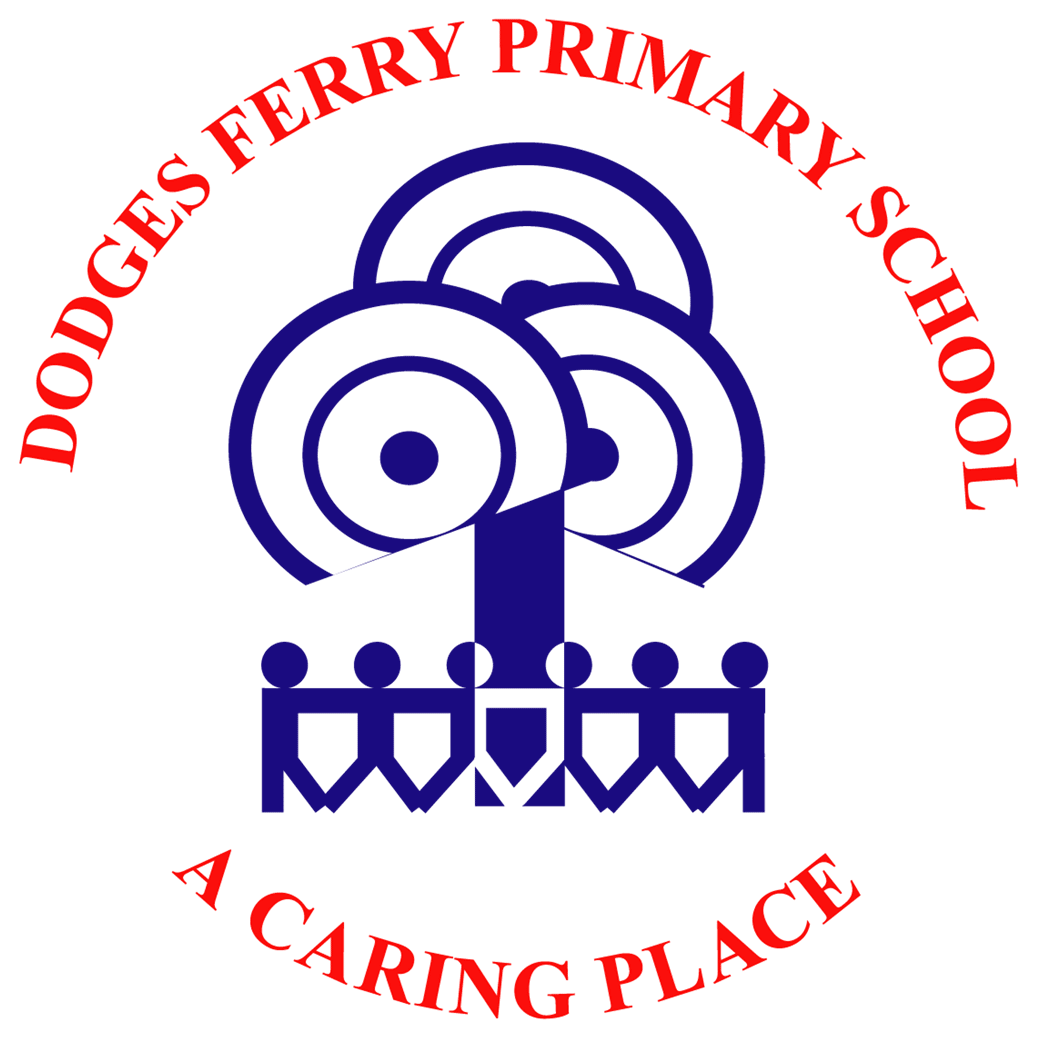

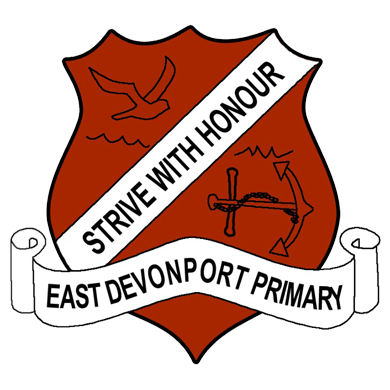












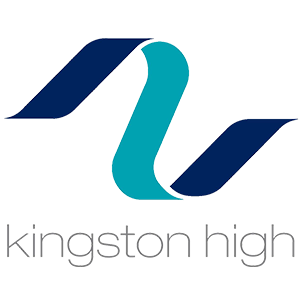

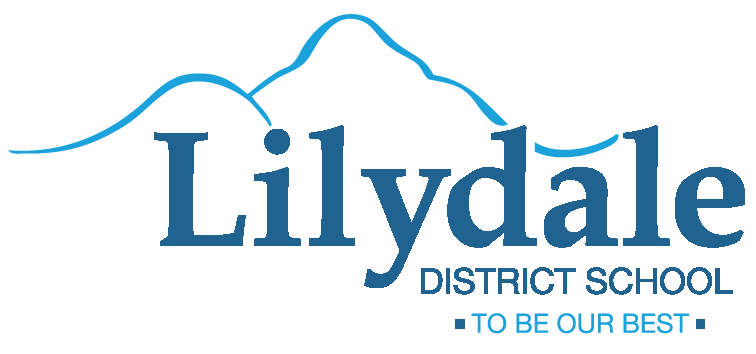








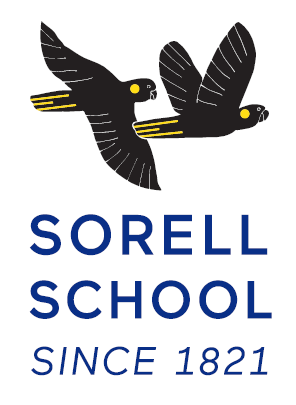
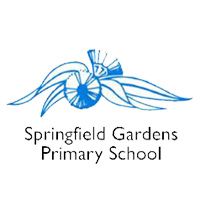









School Feedback
Feedback received from students across all grades within this reporting period:
From Grade 5 and 6 Students:


I think that this is a great thing for kids to learn about drugs and what to do and not do.
I learnt that there is good and bad drugs and that caffeine is a type of drugs.
Really good thing to learn about.
I learnt not all drugs are bad and I really liked the can activity.
I found it helpful that instead of forcing us to avoid them (drugs) they educated us why we shouldn't. Gave helpful information & not personal values.
Engaging and interesting! Learnt a lot.
From Grade 7 and 8 Students:
I like how you didn't make anyone that has an addiction to drugs feel like they should be ashamed.
This is a really good point of view to teach the right thing to children under 18 because their mind starts developing from now.
Most interesting health lesson I've had. Would like to learn more.
I think it was fantastic and had some really good information. It's good to see things being educated as many people may not understand or know the right things especially off social media.
I thought I knew a lot about drugs already, apparently not :) (thx for coming!)
It was actually really fun to learn about, a really safe enjoyable lesson.
From Grade 9 and 10 Students:
I liked the fact it was quite interactive. Also you explained the good side versus a bad side of drugs which was good.
Thanks, learnt a lot of useful info I'll carry on for the rest of my life.
I liked that you asked us what we knew before telling.
It's a good program and I know everybody learnt something.
I had pretty much no idea of drugs before this outside of medicine, so I learned a lot.
I enjoyed the presentation - it was engaging, informative and got to the point.
From Grade 11 and 12 Students:
I think you did really well and said the good and bad side of drugs without shaming people that do them.
I liked how it is acknowledged people will do things and teaching them the reasonable way.
It was a good session, explaining everything, and not as a boring way, was fun, we participate. Was good.
Liked that it did not shame usage but supplied support.
Good description, good examples, learnt lots.
Good to learn about the different drugs and how they can react to someone and the risks that can happen.

Workshops and Training for the Tasmanian Workforce
We provide evidence-based workshops and training sessions that support the health and wellbeing of Tasmanian workers and their clients through professional development, stigma reduction, awareness raising, and increased access to information, resources and support.
In the past 12 months, we provided 44 workforce training sessions to 897 Tasmanian professionals. We also undertook 5 conference and/or forum presentations, 1 consultancy and 4 health and wellbeing events.

Which industries did we engage with?
DEN provided services across 16 industries:
Who received our services?
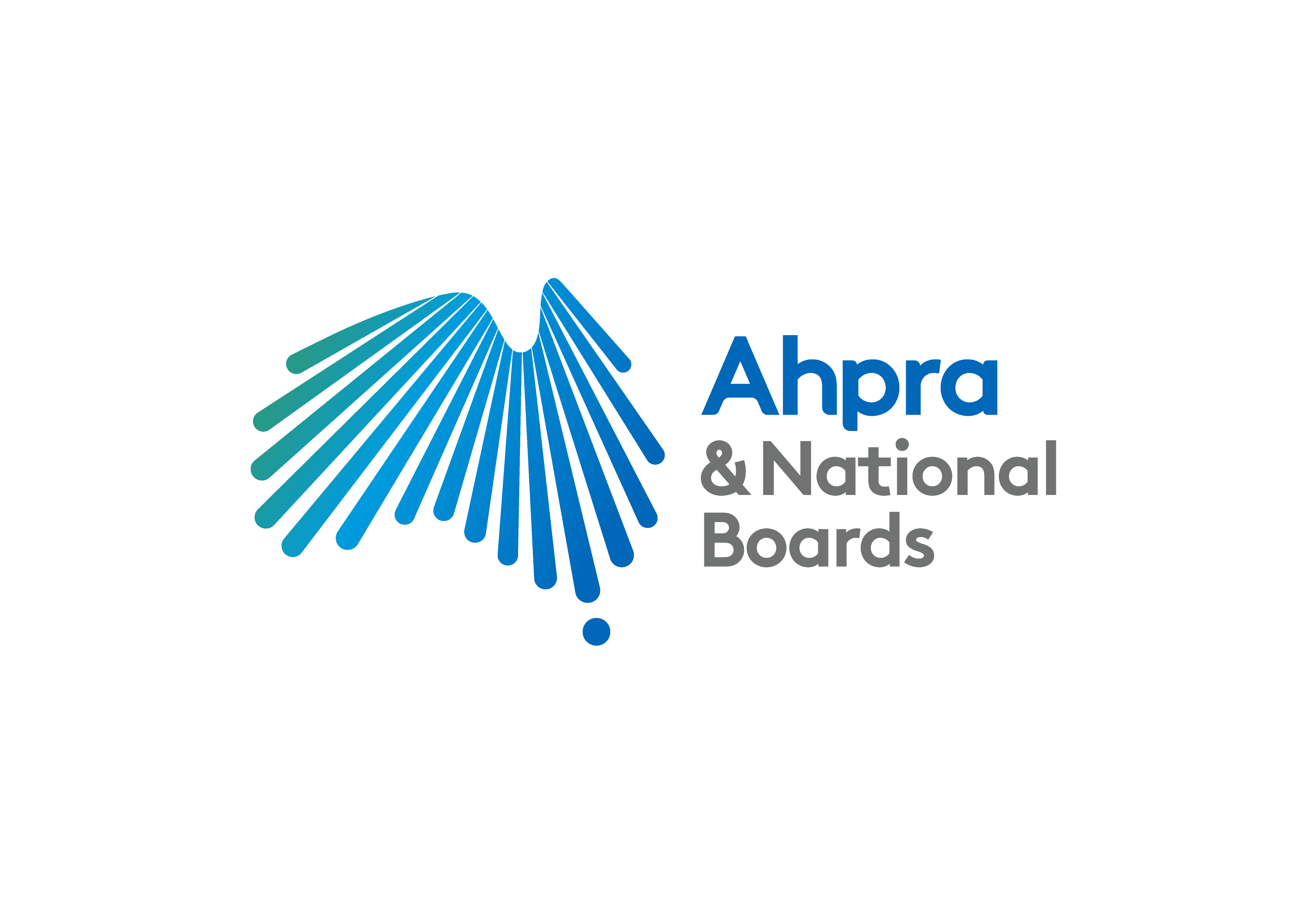


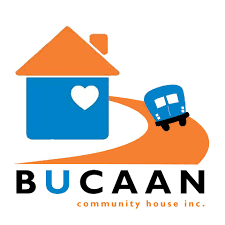
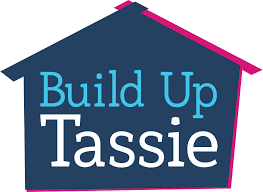







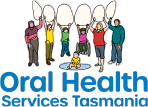

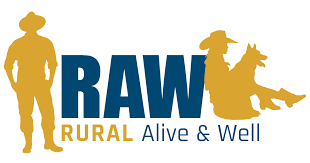





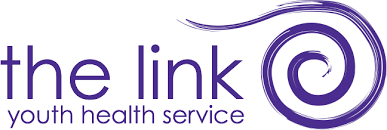

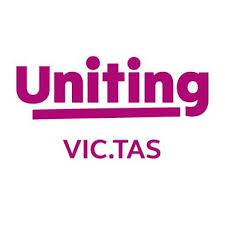


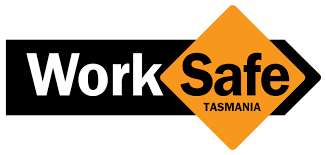
What did people say about our workshops and training sessions?
Sincerely enjoyed the facilitator's way to deliver the training - interactive & practical. Content was great. Thanks!
Good balance of delivery of information, group activities & conversational interaction.
Good length, knowledgeable. Well worth it.
Thank you for reminding everyone of the humanity of people experiencing addiction. I feel sometimes because of our "zero tolerance" for violence we prioritise staff and can become less patient-centred when the actual risk of violence wasn't that high. Thank you!
Fantastic delivery & interesting content.
One of the best training courses I have done. The facilitator was great.
The facilitator was very knowledgeable around the topic and also the practicality in real world. I have taken a heap of knowledge and have a great understanding around alcohol and drug. We would love to have this training at our organisation in future.
Very engaging & informative training. Thank you.
Have attended several workshops and always learn more each time & the facilitator is great at answering any / all questions.
The trainer was great - facilitated a good discussion around how we respond as a workplace & what we could do differently.
Fabulous. Big eye opener.
I gained more information from the 1-hour session today on managing challenging situations than I have in a full day study session.



The Board of Directors




















Team Members











Finance


Support Our Work
If you value evidence-based drug education, information and training and would like to support our work, please consider making a donation to increase our impact in the Tasmanian community.
The Drug Education Network is a not-for-profit Tasmanian charity, registered with the Australian Charities and Not-for-profits Commission (ACNC) (click here to view our registration details). Any amount is greatly appreciated, and donations of $2 or above are tax deductible.
If you are able to provide a donation, please click the button below. We thank you for your generosity.

Stay in Touch
There are plenty of ways to keep up to date!
Follow our social media for an overview of our service offerings or sign up to our newsletter for a comprehensive account of our projects, activities and deliveries.


The Connection
Stay across all of our latest news and events by signing up to our monthly newsletter.








